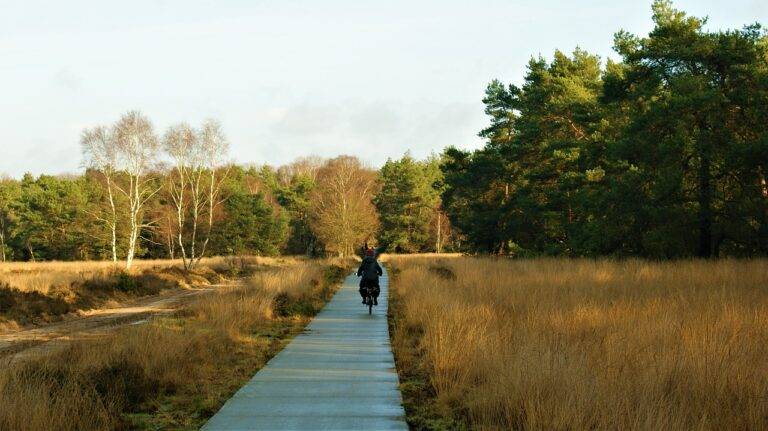Sustainable Living Communities: Eco-Villages and Co-Housing Projects
Eco-villages offer a profound sense of community that is often missing in traditional neighborhoods. Residents share common values and goals related to sustainability, creating a supportive environment where individuals can collaborate on eco-friendly initiatives. This strong community bond fosters a deep sense of belonging and connection, enhancing overall well-being and quality of life.
Living in eco-villages also provides an opportunity to lead a more environmentally conscious lifestyle. With shared resources and a focus on sustainable practices, residents can reduce their ecological footprint and contribute to a healthier planet. The emphasis on sustainable living encourages individuals to make mindful choices about energy consumption, waste management, and food production, leading to a more eco-friendly way of life.
• Eco-villages offer a profound sense of community
• Residents share common values and goals related to sustainability
• Collaboration on eco-friendly initiatives is encouraged
• Strong community bond fosters a deep sense of belonging and connection
• Living in eco-villages provides an opportunity to lead a more environmentally conscious lifestyle
• Shared resources help reduce ecological footprint
• Focus on sustainable practices promotes healthier planet
• Emphasis on sustainable living encourages mindful choices about energy consumption, waste management, and food production
Types of Eco-Villages and Co-Housing Projects
Eco-villages come in a variety of forms, each reflecting different aspects of sustainable living and community development. Some eco-villages focus on permaculture and regenerative agriculture, utilizing the land to grow organic produce and nurture biodiversity. Others emphasize renewable energy sources, such as solar panels and wind turbines, to minimize their ecological footprint and promote self-sufficiency.
On the other hand, co-housing projects are designed to foster a sense of close-knit community living, where residents actively participate in shared decision-making and collaborative activities. These projects often feature common spaces like shared kitchens, gardens, and recreational areas, encouraging social interactions and mutual support among neighbors. By merging private living spaces with communal amenities, co-housing projects aim to create a balance between personal privacy and collective engagement in sustainable practices.
Principles of Sustainable Living Communities
In sustainable living communities, the emphasis is placed on reducing the environmental impact through mindful practices. Residents are encouraged to adopt sustainable habits such as composting, recycling, and using alternative energy sources. By minimizing waste and conserving resources, these communities aim to create a more eco-friendly living environment for all.
Additionally, sustainable living communities often prioritize social cohesion and interconnectedness among residents. Shared spaces and communal activities promote a sense of community and encourage cooperation. This sense of belonging fosters a support network within the community, leading to a more fulfilling and enriching living experience for all members.
What are the benefits of living in eco-villages?
Living in eco-villages can offer a sense of community, access to shared resources, reduced environmental impact, and opportunities for sustainable living practices.
What are some types of eco-villages and co-housing projects?
Some types of eco-villages include intentional communities, permaculture communities, and sustainable urban developments. Co-housing projects involve shared spaces and resources among residents.
What are the principles of sustainable living communities?
Some principles of sustainable living communities include promoting environmental stewardship, fostering social connections, prioritizing resource conservation, and implementing eco-friendly practices.







